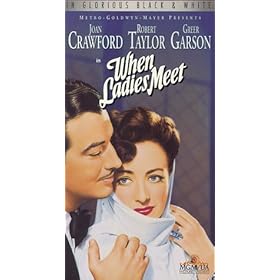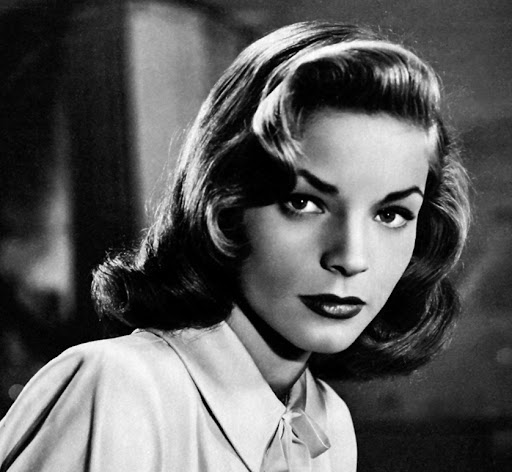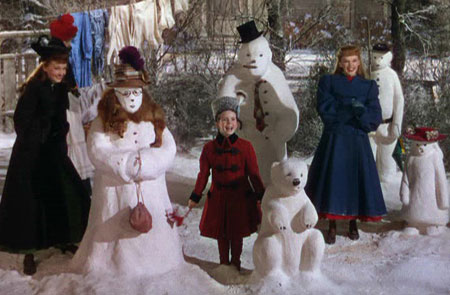
So, in this movie Nick and Nora go off to visit Nick's parents. Nick is prepared for a restful vacation, but of course there is a new murder to solve. Nora is thrilled about the case, hoping that this will be Nick's chance to finally show his dad that he is a great detective and has chosen the right career. Nick being Nick, he works on the case while pretending not to work on the case, driving Nora so crazy she eventually tries to take it on herself.

I think that one of my favorite scenes is near the end of the movie when Nick and Nora attend some kind of charity auction at a hotel. Nick wants to go do some sleuthing, so he hands Nora off to a poor sailor without a dance partner who immediately starts jitterbugging with her. He throws her up in the air, swirls her around on the floor...
Also, the bonus to being at Nick's childhood home, is that when the final scene comes around with all the suspects gathered together in one room, Nick's mom is there to make them "cocoa to calm the nerves."
Only one more movie in the set (unless you count the William Powell and Myrna Loy documentaries). I guess I'll have to start re-watching soon...



















